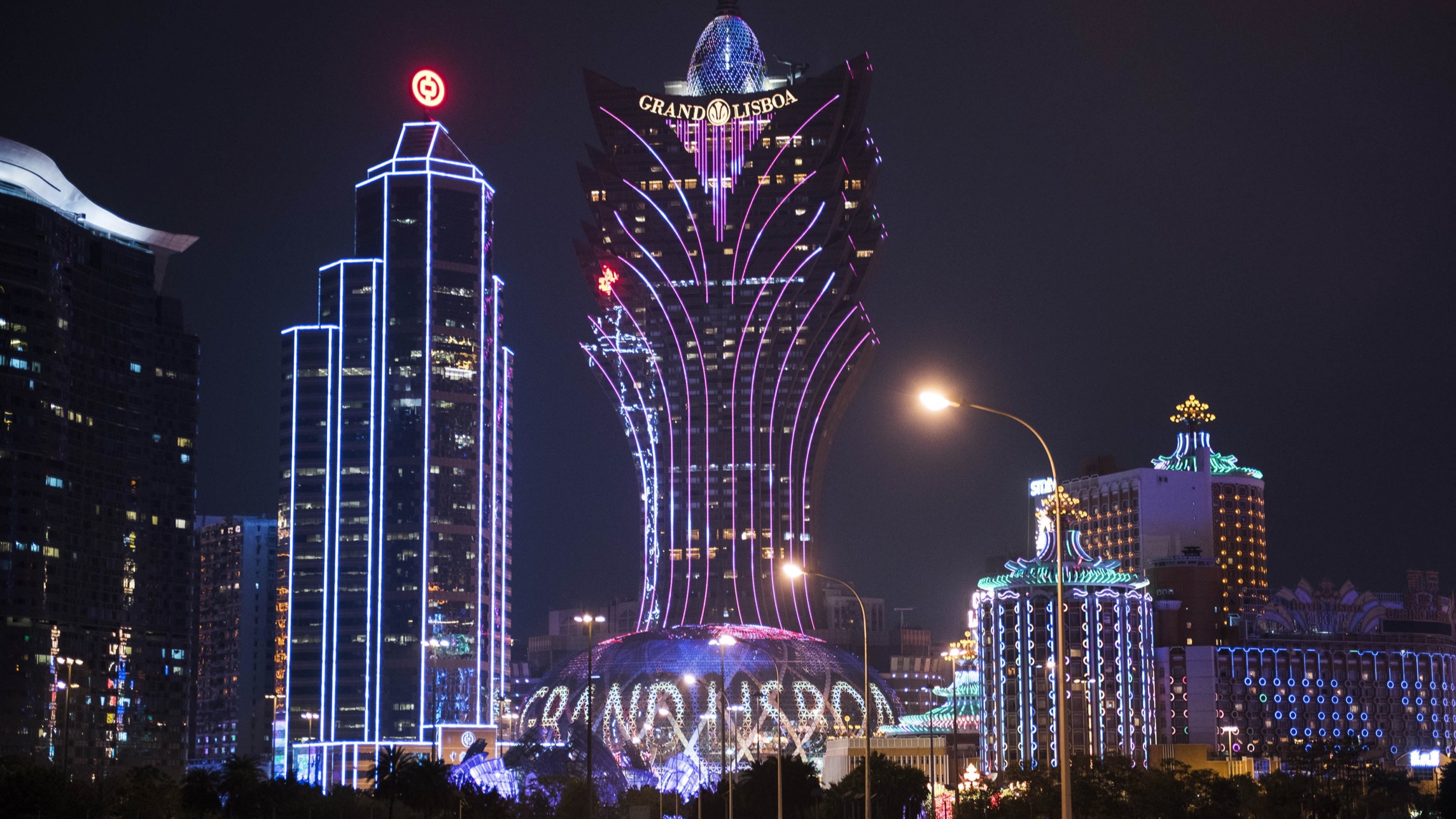
Casino games have long been a engaging entertainment option, drawing numerous of players from varied cultures around the globe. From the opulent casinos of Las Vegas to the busy gambling halls of the Cotai Strip, these games serve as a common thread that brings together people across a variety of backgrounds. The allure of luck, tactics, and gambling entices not only those looking to strike it rich but also those seeking a feeling of belonging.
The cultural impact of casino games extends far beyond the gaming floor. Zorototo They often represent the values and traditions of the cultures in which they prosper. Games such as poker, blackjack, and the spinning wheel have integrated into the mosaic of cultural phenomena, influencing multiple fields from cinema to style. As we explore this intriguing intersection of luck and culture, we can better understand how gambling games shape and are shaped by the world around us.
Chronological Progression of Casino Activities
The origins of gaming activities can be traced back to old cultures, where gambling in various forms was extensively engaged in. In China, around 2300 B.C., a type of luck game known as Keno was popular, while in old Rome, soldiers would regularly bet on the outcomes of their games. The idea of using chance for entertainment and gain developed over the centuries, leading to the establishment of more structured activities. By the late Middle Ages, gambling houses began to emerge in Europe, especially in Italy, which brought forth early incarnations of popular games still played today.
As betting increased recognition in European regions, the 17th and 18th centuries saw the appearance of casinos as dedicated establishments for betting. The earliest official casino, the Ridotto, was set up in the city of Venice in the year 1638, featuring activities like Baccarat and Faro. This era marked a significant pivoting point, as casinos started to attract not just the elite but also the expanding middle-income class. The refinement of games grew, leading to the creation of new rules and modifications that enriched the play experience.
In the 19th century, the industrial age and shifts in social conventions also changed the environment of gaming activities. The introduction of roulette and modern gaming machines drew a broader audience, and gaming houses became seen as legitimate fun. This period witnessed the globalization of gaming, as gambling houses spread from Europe to the Western Hemisphere, culminating in the development of the famous Strip of Las Vegas in the twentieth century. The progress of casino games has persisted into the present day, incorporating technology and online sites, making them open to a universal population.
### Cultural Significance across Various Cultures
Casino games have significant social importance across many cultures across the planet. In Las Vegas, the very essence of the urban landscape is woven around gaming venues, where playing is not just a recreational activity but a fundamental aspect of leisure and social interaction. The bright lights and vibrant atmosphere attract a vast audience, showcasing how gambling activities can influence local economical structures and local cultures. This environment transforms the notion of leisure into an engaging experience that shapes fashion, music, and even movies.
In contrast, some cultures approach gambling with greater care, viewing it through the lens of ethical beliefs and heritage. For instance, in various Eastern cultures, games like Mahjongg and Pai Gow are rich with history and carry significant social implications. These games are often played during meetings and festivities, fostering collective connections and reinforcing familial ties. The act of participating in these games goes above mere entertainment, reflecting principles such as respect for elders and the value of collective enjoyment.
Simultaneously, in continental countries such as the principality of Monaco and Rome, casino games serve as symbols of opulence and elegance. The stylish atmosphere of these establishments attracts both visitors and native inhabitants, maintaining a sense of status and elitism. The art of the game of poker and the tactical components of games like the game of baccarat are esteemed, influencing interpersonal interactions and cultivating an attraction that enthralls a diverse audience. This highlights how casino games can concurrently echo and influence cultural perspectives towards danger, benefit, and relationship building.
Financial Influence and Tourism
Casino games play a crucial role in the financial context of many regions, particularly those that rely heavily on visitor traffic. The revenue produced from gambling establishments fuels local financial systems, creating jobs not only within the casinos but also but also in related sectors such as hotel management, restaurant services, and entertainment. This surge of tourists, drawn by the attraction of games and the overall casino experience, stimulates spending across multiple local enterprises, contributing to the economic health of the area.
The presence of casinos often leads to the development of facilities, including lodging, transportation systems, and leisure amenities. These developments are essential in enhancing the overall tourist experience, making destinations more appealing to tourists. Additionally, many casinos invest in local communities through sponsorship of activities and philanthropic activities, further embedding themselves into the community structure of the locality. Such contribution not only supports economic growth but also cultivates a positive image of the gambling sector.
Moreover, the worldwide appeal of casino games drives competitive tourism, with locations vying to attract gamblers from across the globe. Iconic destinations like Las Vegas and Macau have become identifiable with gambling culture, drawing millions annually. This advantage encourages innovation and variety within the gaming industry, influencing developments in leisure and accommodation that resonate beyond their limits. The consequences of this visitor influx extend far, impacting local financial health and cultural interactions on a global scale.

